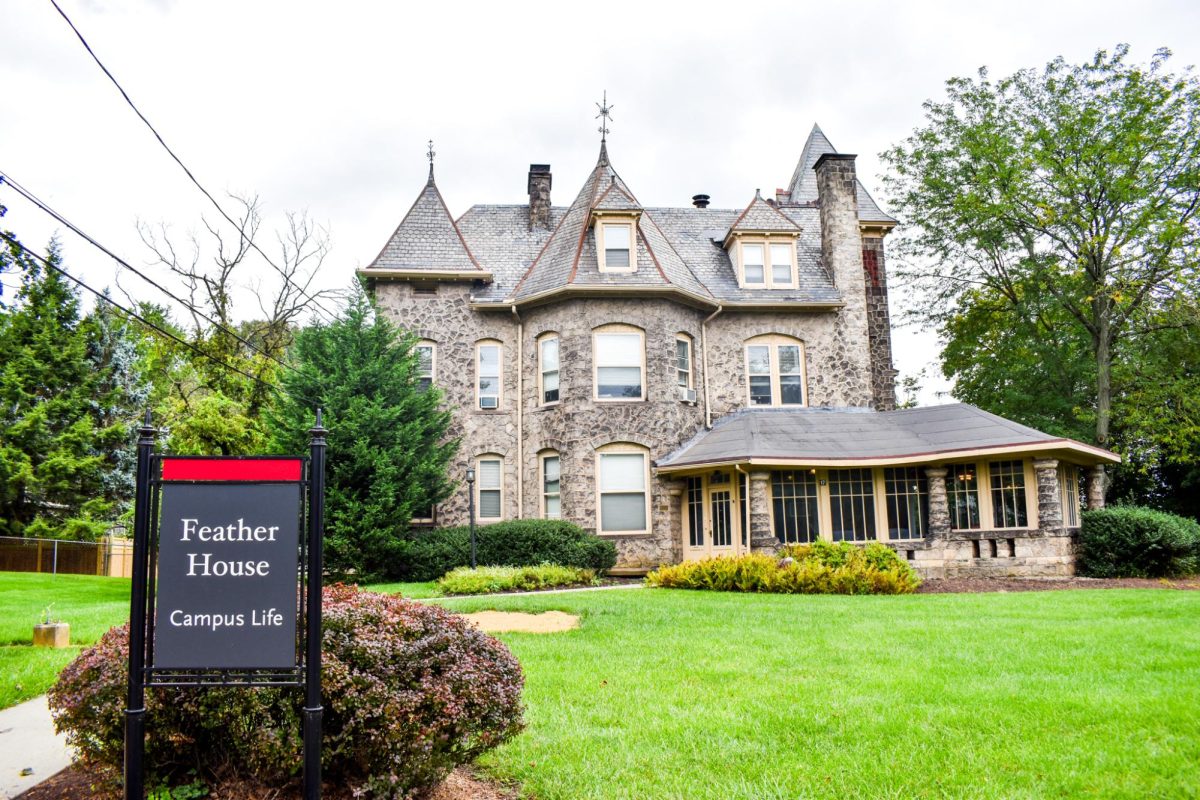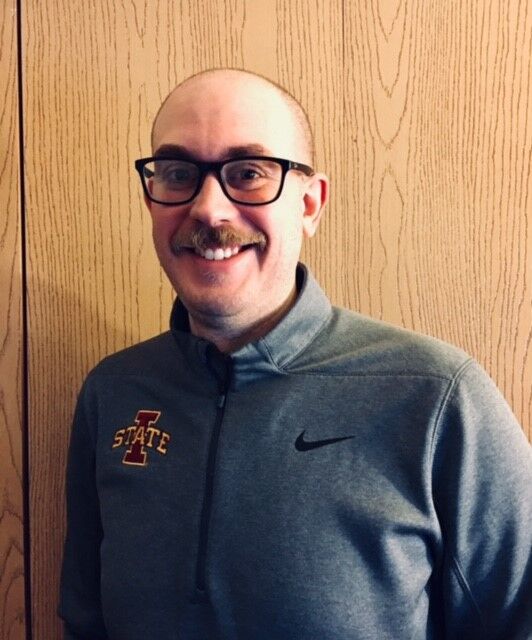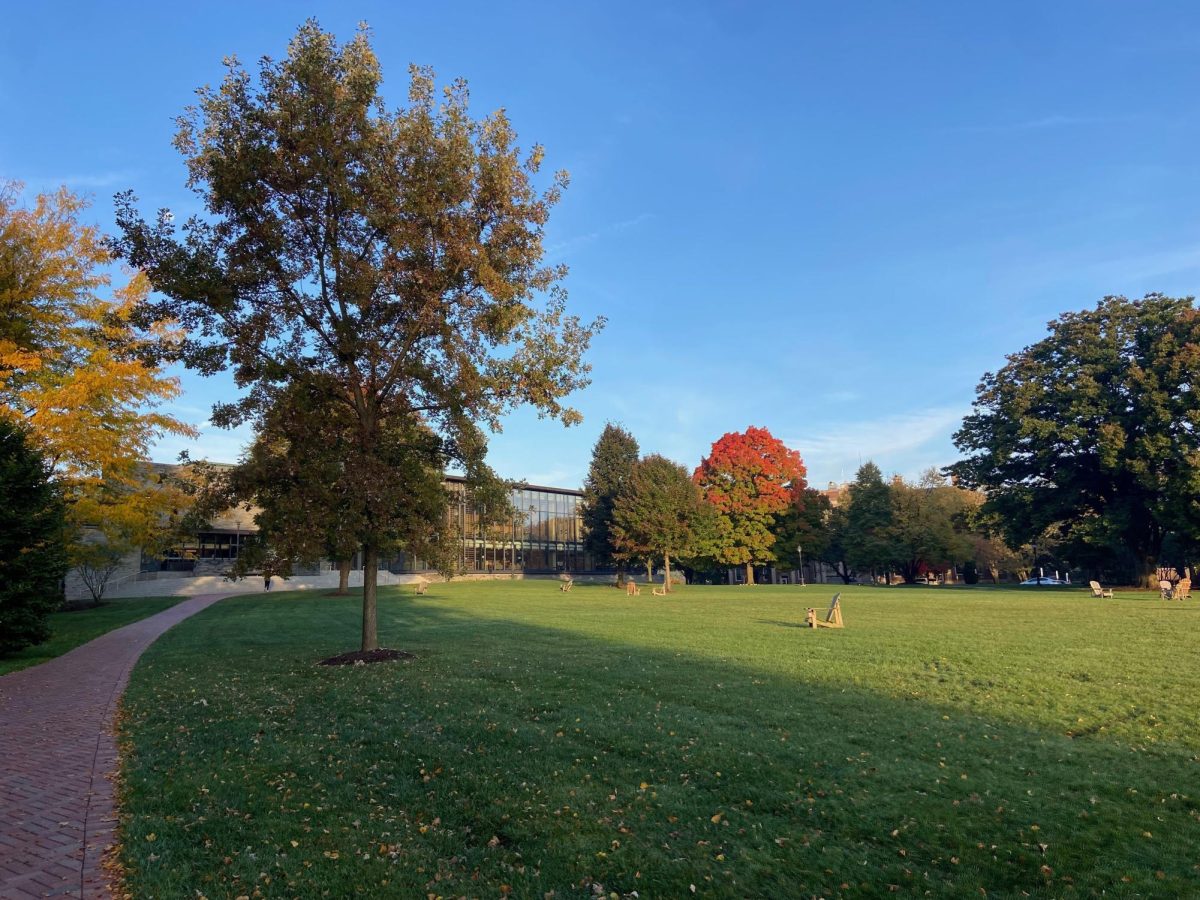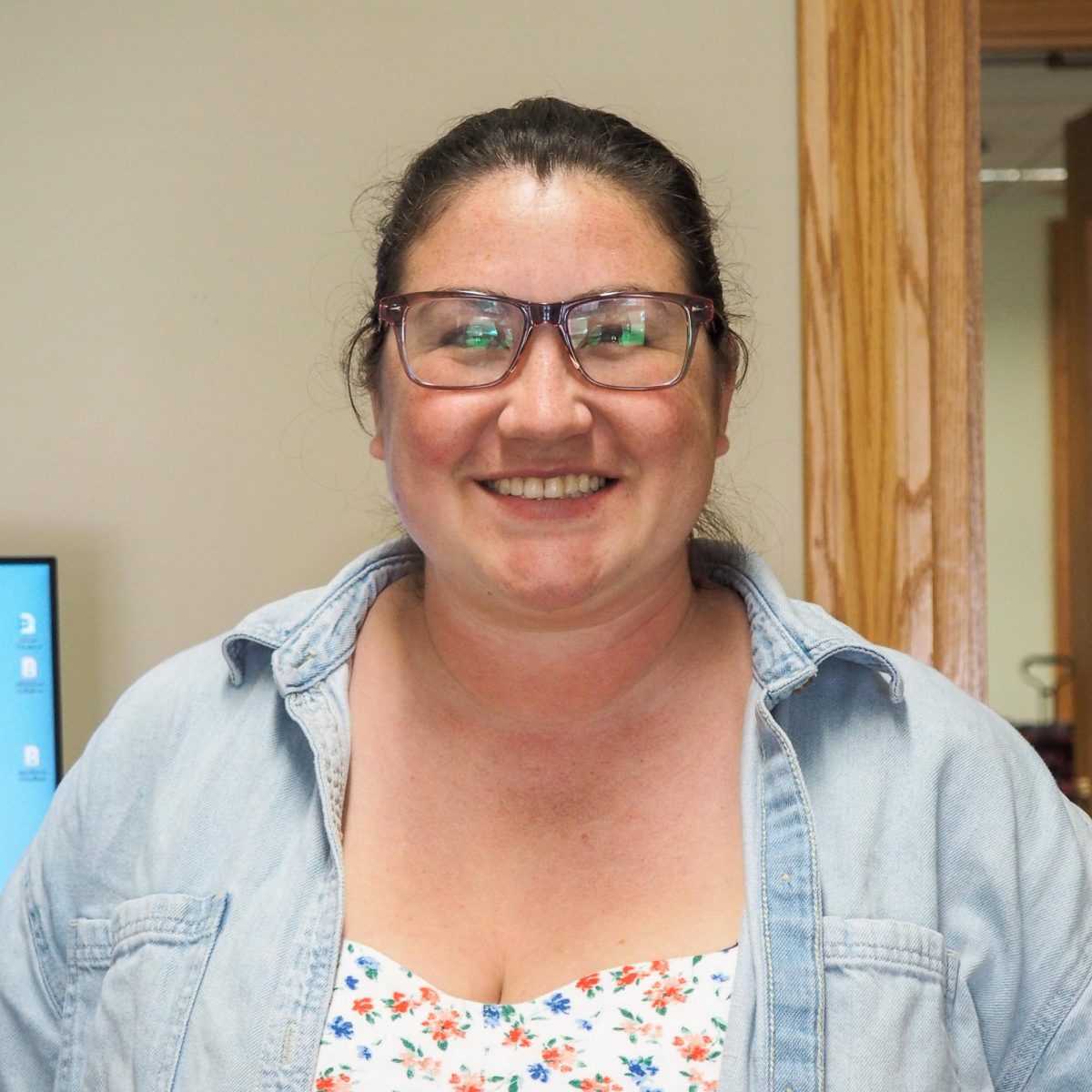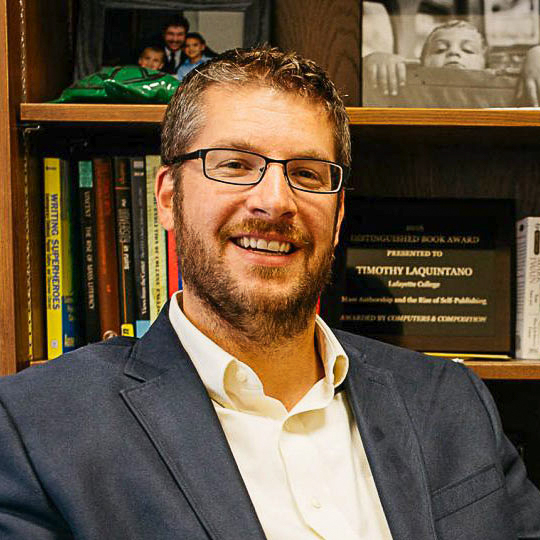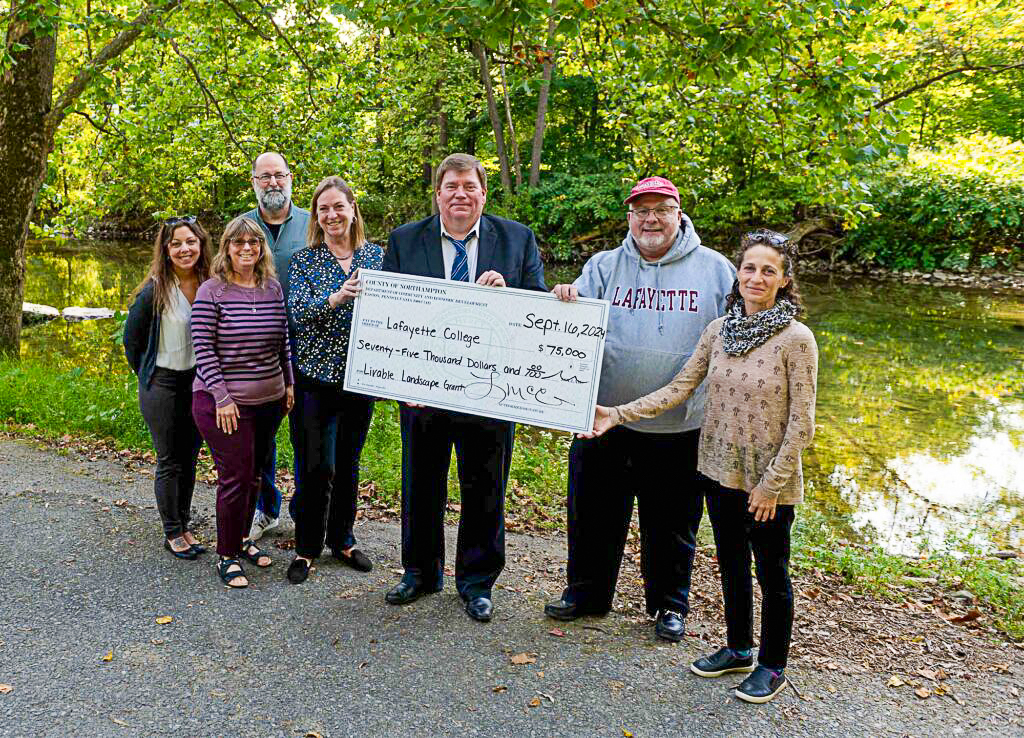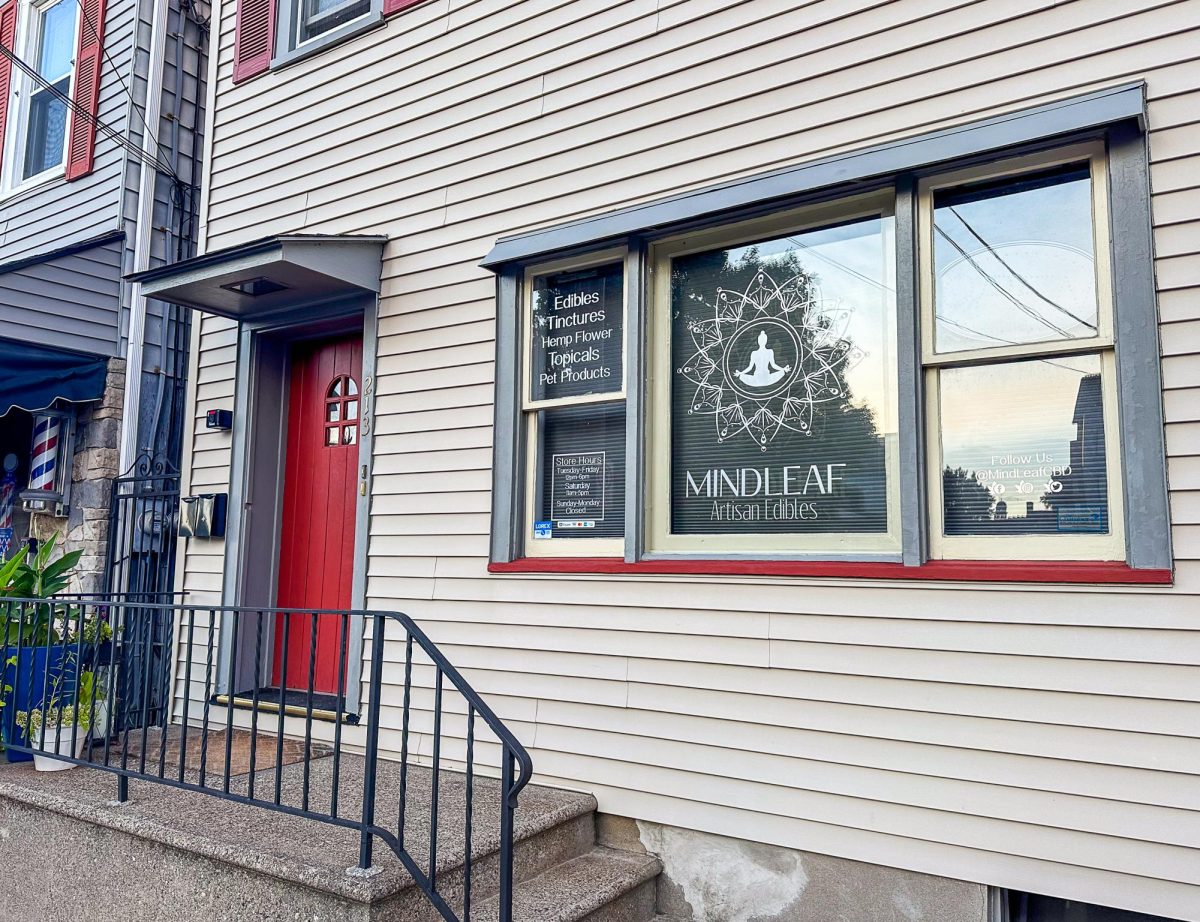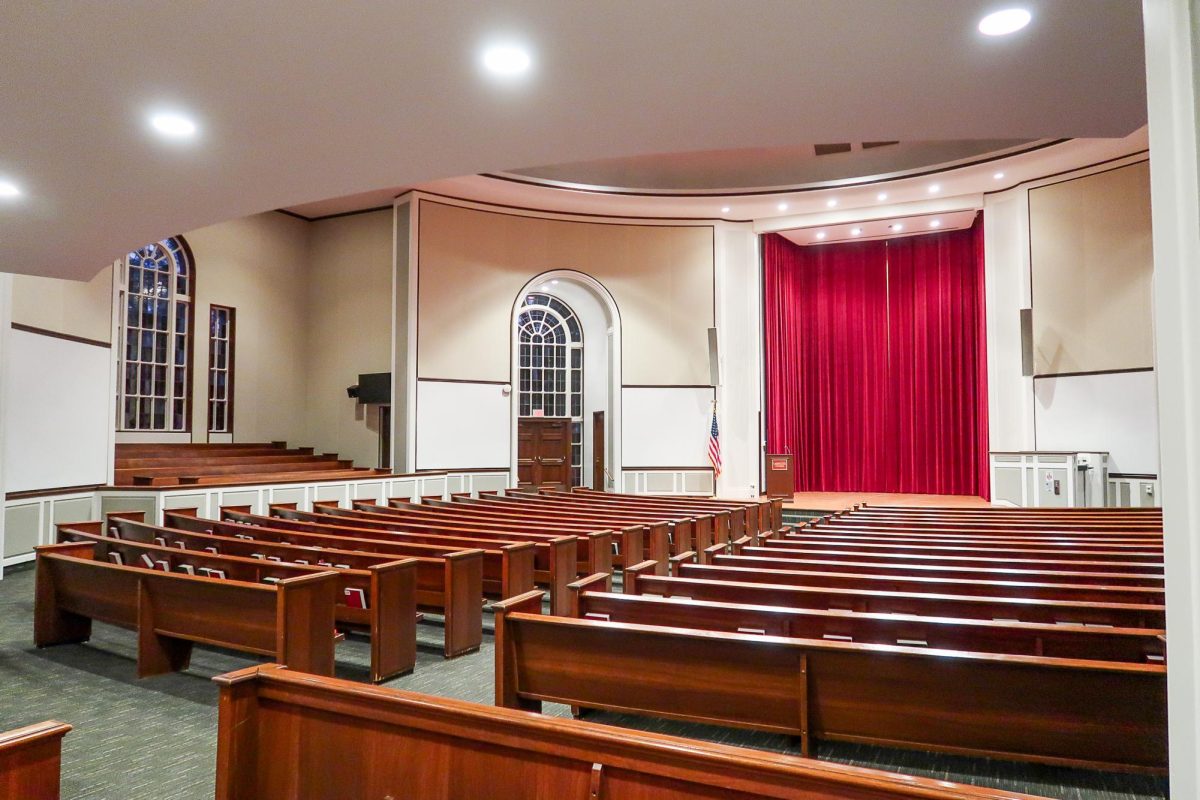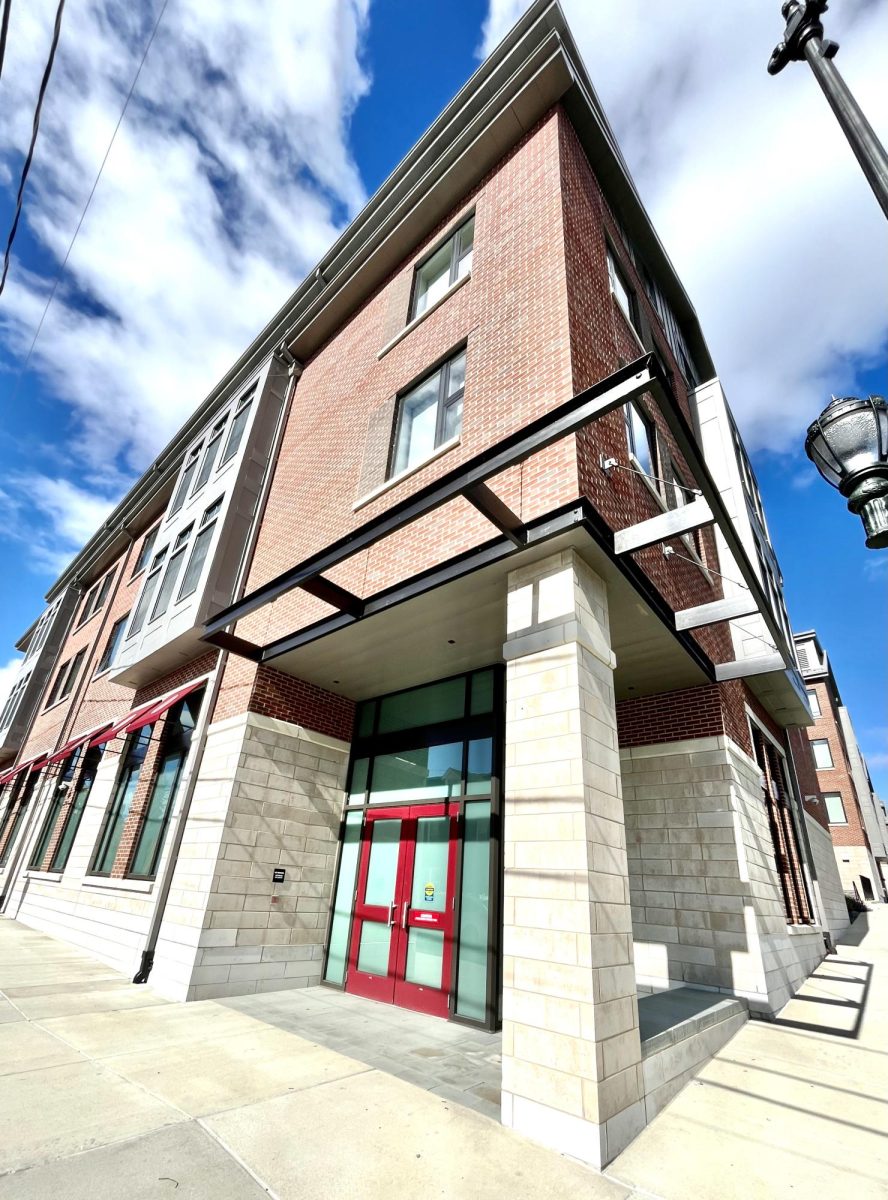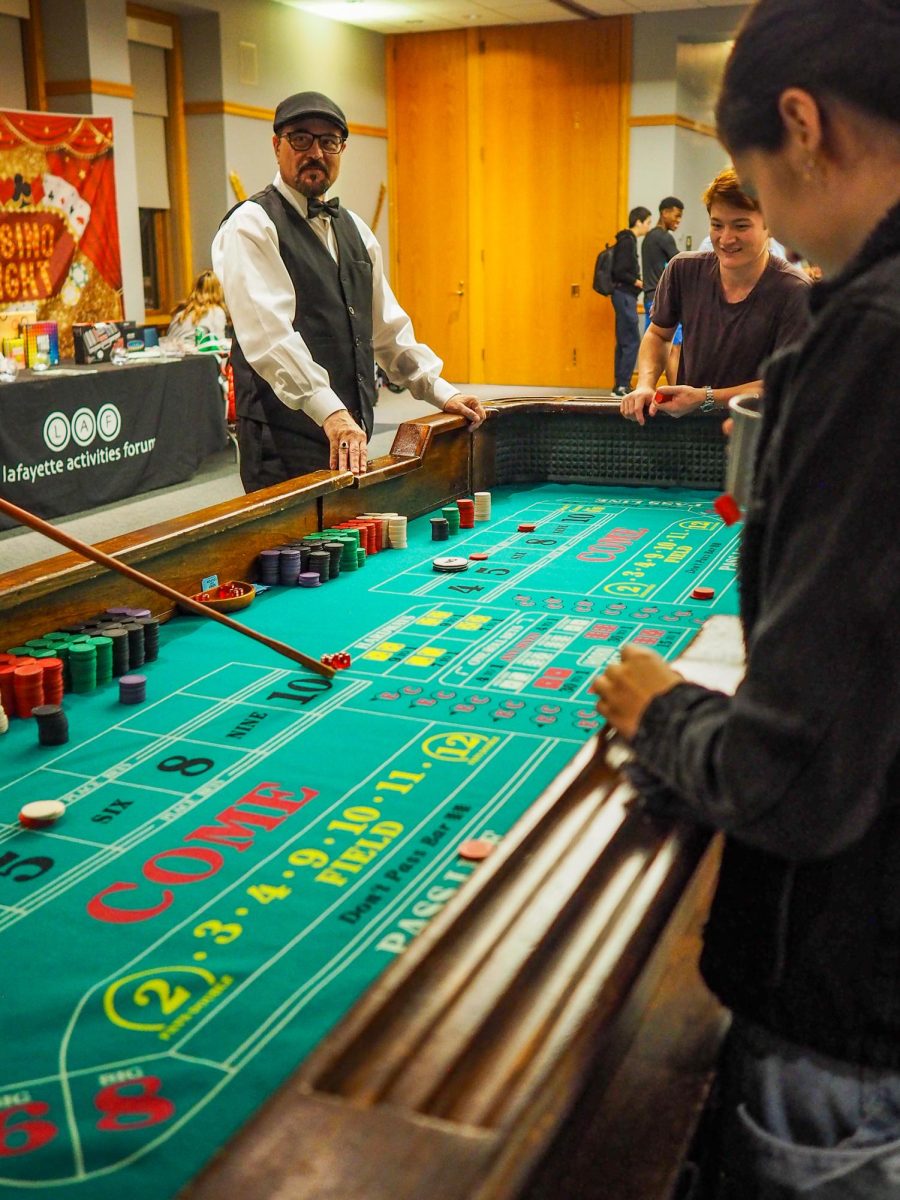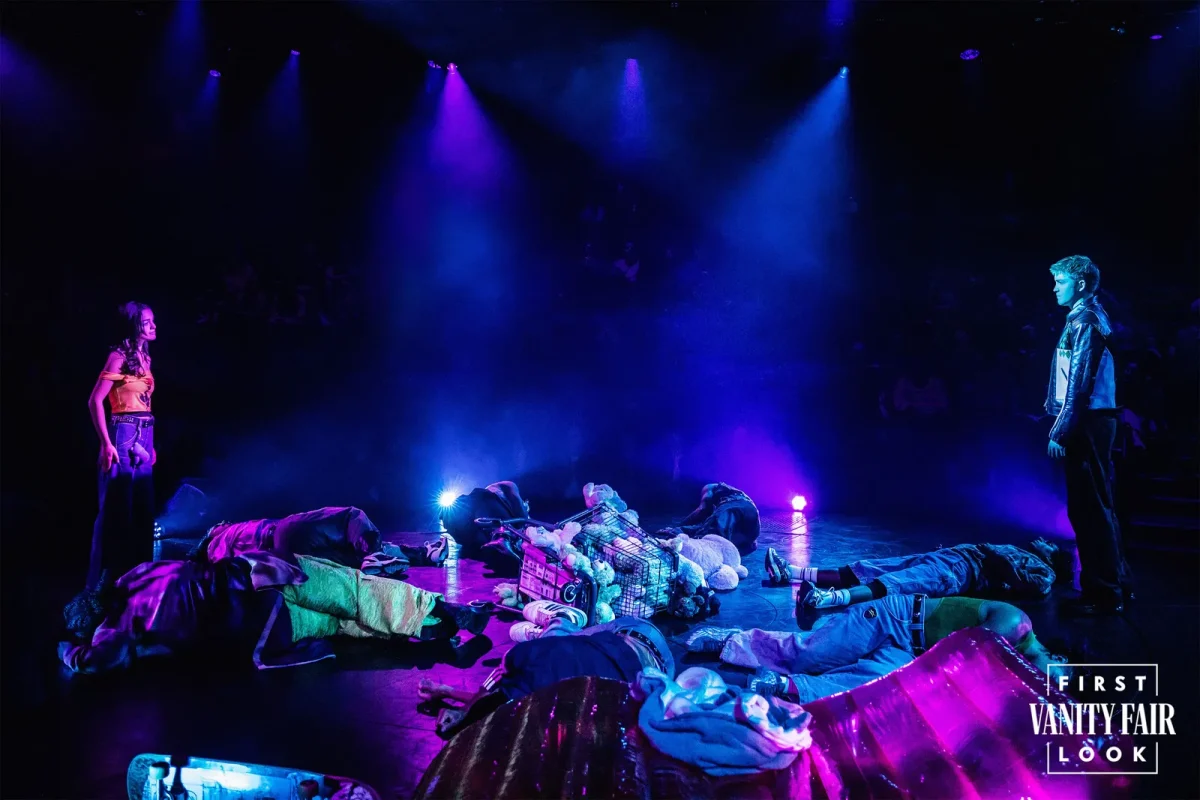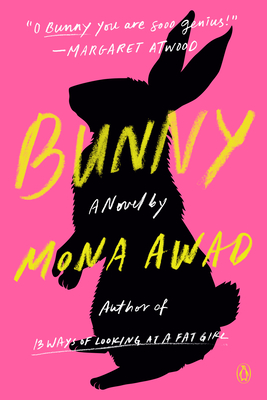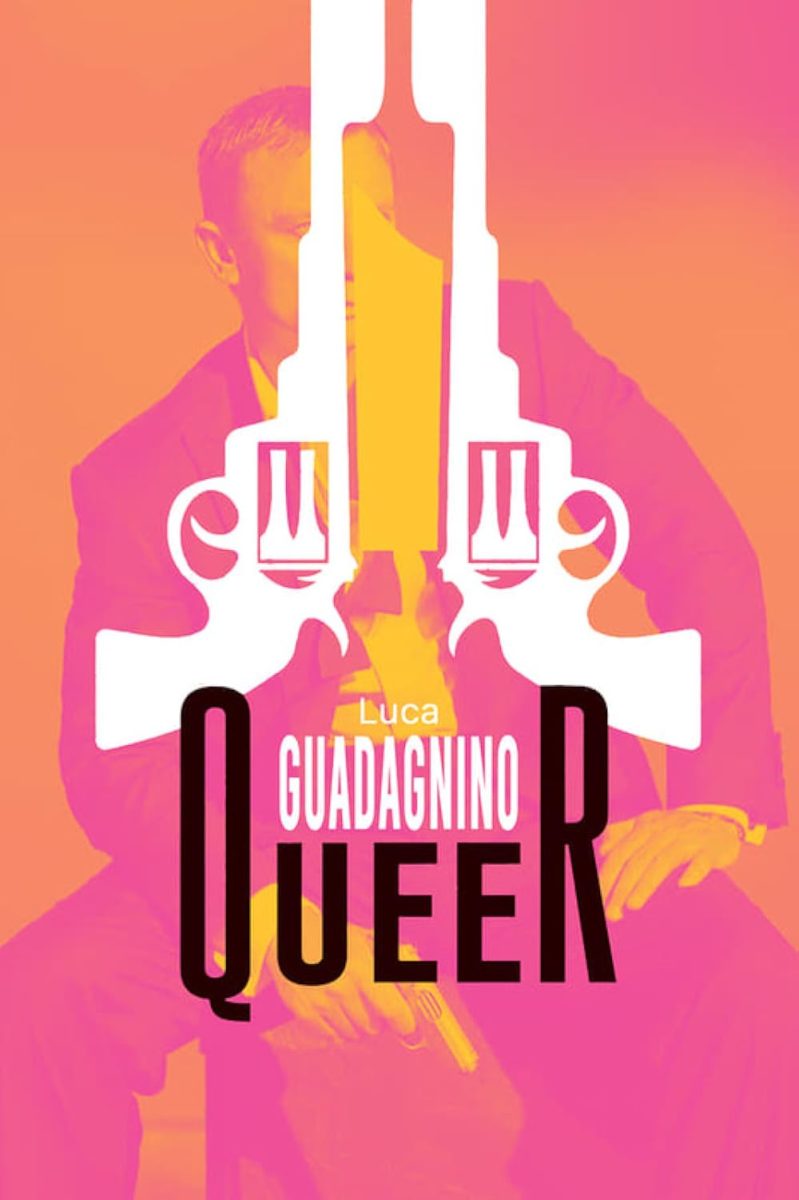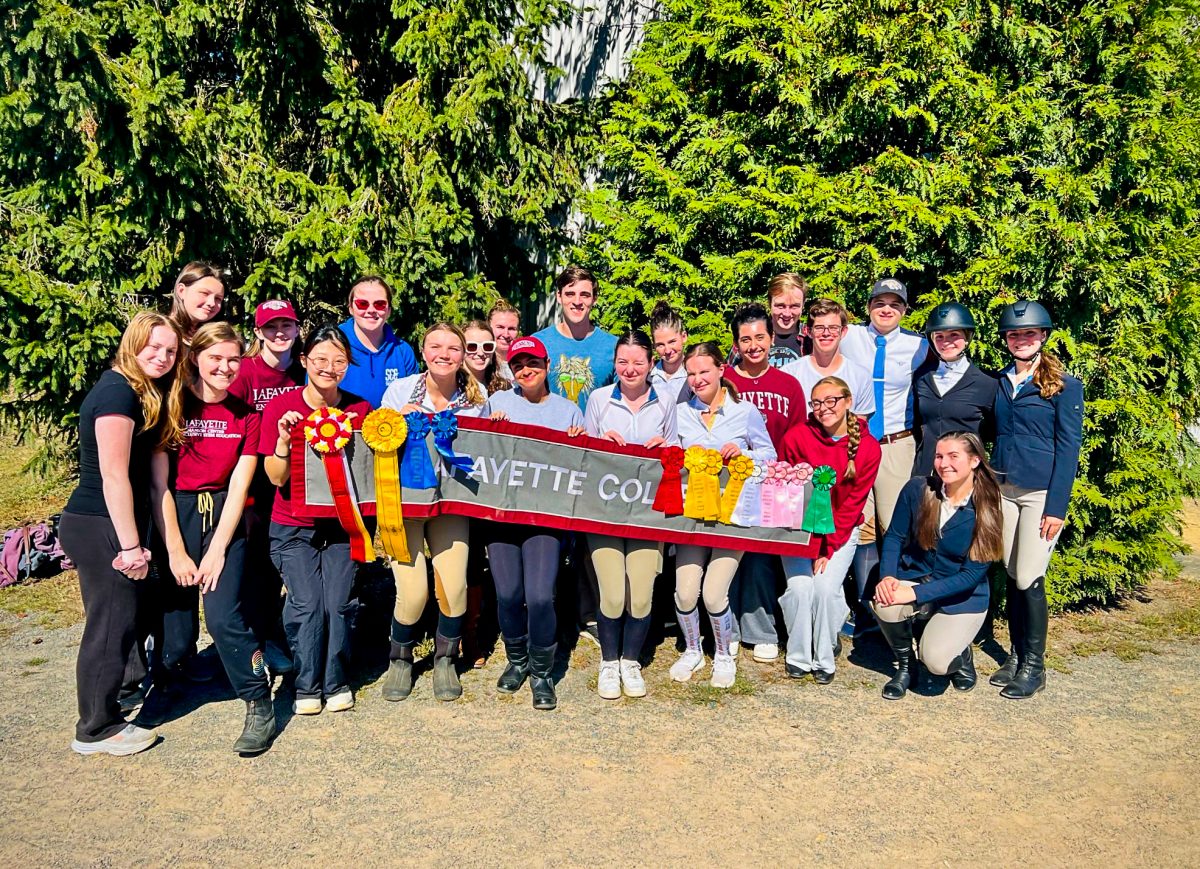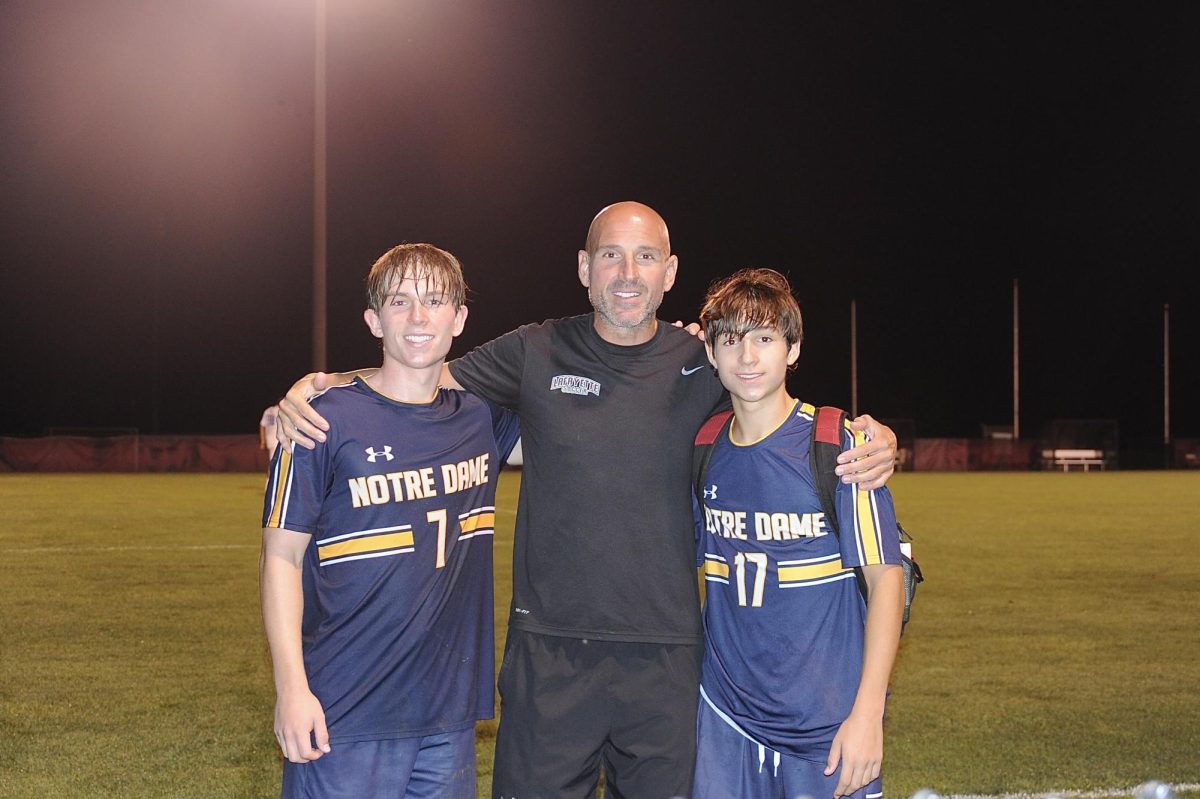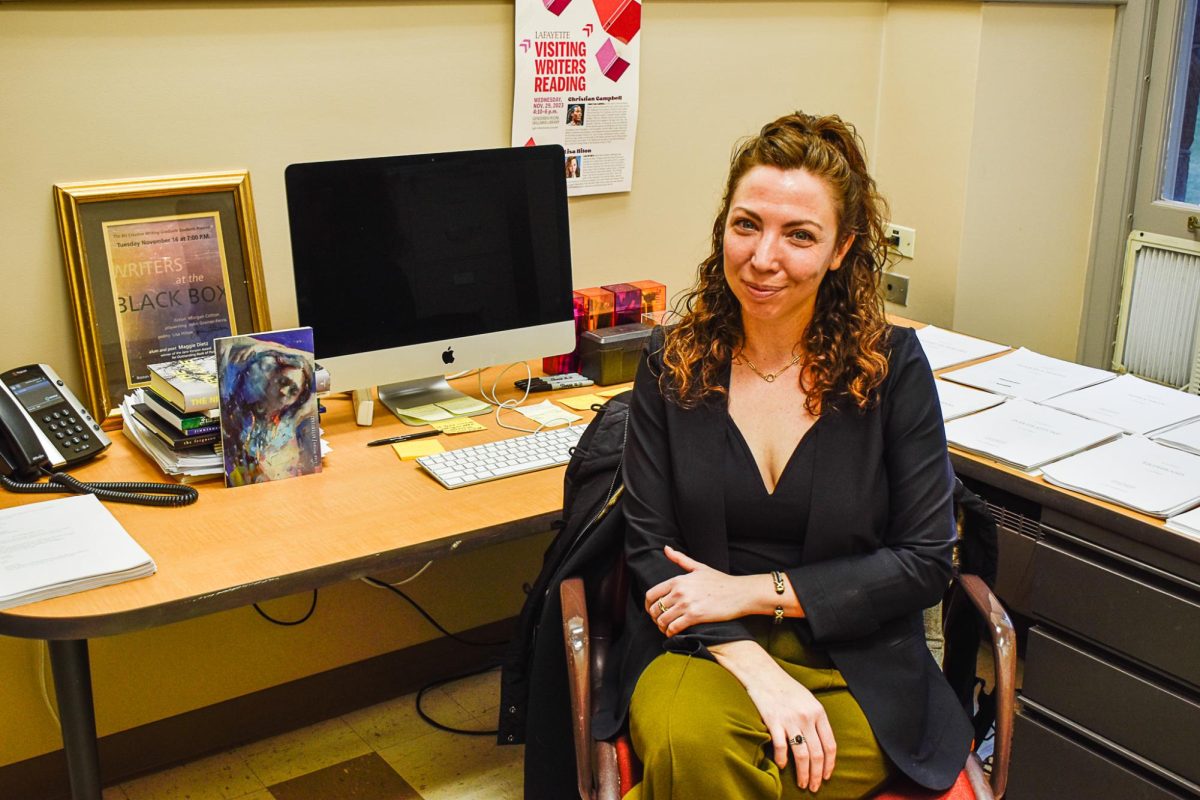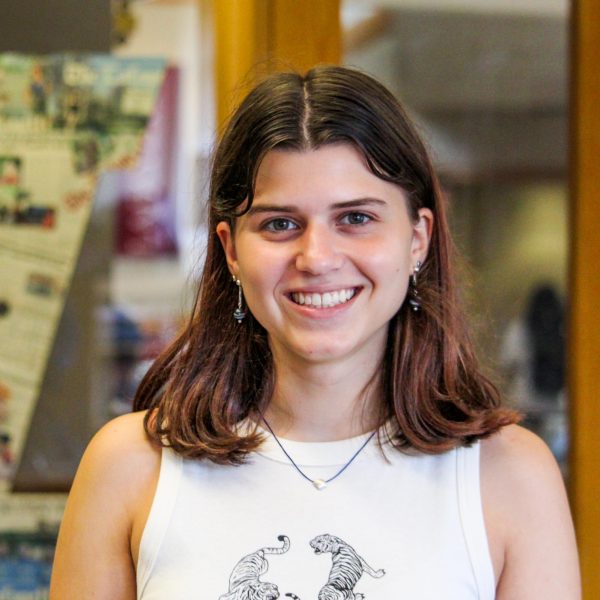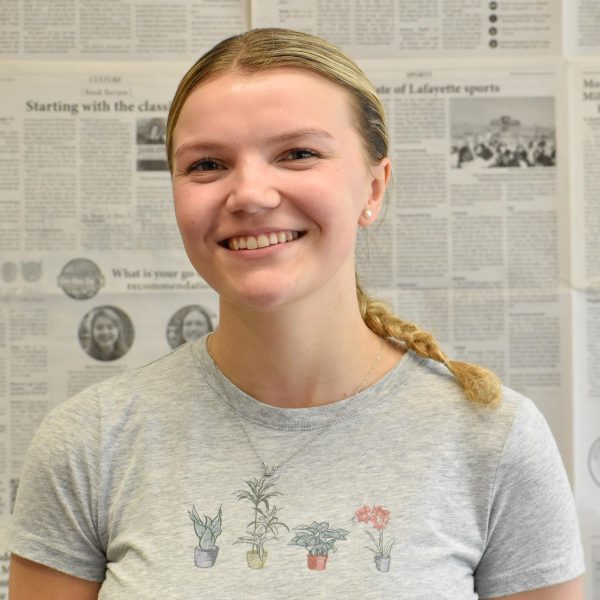Lisa Hiton’s obsession these days is slow discourse.
Waking up late and sipping on a hot cup of coffee in bed. Sitting in the Amtrak quiet car and gazing at the moving figures out the window with a pen and paper in hand. Writing 20 pages of prose up in the Adirondacks and even more at ThreeBirds Cafe in Easton.
“If you’re an artist, you have to be ready for a very slow discourse for your life,” Hiton said. “I never stopped writing. I never stopped sending my book out despite how many rejections I was getting.”
Hiton, visiting assistant professor of English and creative writer in residence, was first drawn to writing through this concept of slow discourse. While pursuing her undergraduate degree in film at Boston University, she took a poetry course with writer Maggie Dietz that changed her whole trajectory.
“I’m not a person who believes in fate, but something about BU is a lot of what I would call ‘celestial choreography,’” she said.
At the New York Summer Writers Institute the following summer, Hiton witnessed the magic of poetry in action. Listening to Louise Glück read a series of unpublished works among an intimate crowd of poets and learners made her envision a new life.
“I just remember walking back under the night sky thinking, whatever this feeling is, whatever it is about the other people who are dedicated to this kind of slow discourse, this is where I need to be right now,” Hiton said.
Hiton went on to get her master of fine arts in poetry at Boston University under the mentorship of Glück and poet Robert Pinsky. Since then, she published her debut book of poems, “Afterfeast,” which won the Dorset Prize at Tupelo Press, and two chapbooks.
Staring at a blank page is the same as staring at an empty classroom, according to Hiton. That’s why she teaches.
“It’s the same muscle to me,” Hiton said. “I can’t not.”
Hiton teaches in what she refers to as the “meta-text.” Every text speaks to and works with each other, and every student speaks to the texts. Her introduction to creative writing class, for example, is based on the play, “The Metamorphoses” by Mary Zimmerman, which takes place around a pool.
“There’s a pool on stage and the Greek myths happen in and out of this pool, and it’s an ensemble cast,” she said. “The workshop functions like that.”
She views her classes through the metaphor of a mathematical surface called the Möbius strip.
“If you took a piece of paper and you twist it at once, instead of having an inner loop and an outer loop, it would just be one plane. You’d be on the inside and outside of it,” she said. “And that shape, I think that’s what my classes are shaped like.”
Sophie Himmel ‘24, who has taken two writing classes with Hiton, regards her teaching style as one in a million.
“I just think she has such an eye for something that’s beyond what most humans can think of,” Himmel said.
Maria Cangro ‘24, who is currently doing an independent poetry study with Hiton, knows she will expand her reach under her guidance.
“Her attention to detail is something I find really captivating,” Cangro said.
As an artist and a queer person, Hiton beholds teaching from a distinct lens.
“I have been an outsider my whole life,” she said. “Figuring out ways to engage others and community around something that I never had community around … part of it is for my past self.”
This notion extends to her work as the founder and co-director of Queer Poem-a-Day, a podcast from her hometown library in Illinois that is dedicated to highlighting poetry by queer artists. Hiton is actively rewriting the narrative of her childhood.
“Not one person was out in my graduating class,” she said. “The fact that my hometown library … gets public funding to run a podcast called Queer Poem-a-Day and to purchase books by queer living writers and give them a space, there’s a grief note for that 14-year-old version of me that didn’t have it.”
Hiton, who is in a never-ending cycle of writing and curating, is currently working on getting new work published and developed.
“There’s some conniving, fun poems that have come out of me now that I know is next on the horizon,” she said.
As is in her nature, Hiton will also continue her path of teaching the art of storytelling through a slowed-down, detailed framework.
“She just knows how to make words magic,” Himmel said. “[Her class] reinvigorated a love of the written word in me that I haven’t felt in a really long time.”
Correction 2/2/2024: A previous version of this article misspelled the surname of Louise Glück.
Correction 2/4/2024: A previous version of this article referred to the play “The Metamorphosis” by May Zimmerman. The work in reference is actually “The Metamorphoses” by Mary Zimmerman.



